Sorry, I meant that, having not played the game, I’m not sure how much observations like Curly’s inability to see the details are something the game tells you directly and how much is your interpretation. I guess I mostly meant that your framing of the story is really cool whether you’re just repeating the story beats as they’re given or mixing in a lot of your own analysis.
- 16 Posts
- 66 Comments
Thanks for writing this up, never heard of the game and this was really interesting. I’m not sure how much of your write-up is explicitly textual, but the analysis is really cool.

 6·14 days ago
6·14 days agoI know the yard sign thing is dorky but I wouldn’t be so quick to dismiss it. Feels to me like a helpful way to communicate to your neighborhood and community, especially to marginalized members, that there are people who care and are willing to help. That anyone who is feeling isolated is not alone, especially where there are homes flying fascist flags as there are in my neighborhood.

 2·17 days ago
2·17 days agoI only beat Animal Well’s “first layer”, but I was pretty addicted for that period. It’s really, really clever and satisfying.

 2·17 days ago
2·17 days agoIs that a Trump “Tim Apple” reference? I wouldn’t have even noticed if you hadn’t called it out.

 1·20 days ago
1·20 days agoDemo still doesn’t actually seem to be on the store yet, if anyone else was looking.
Update: Hadn’t been able to find it in the PS App but it is downloadable from the store directly on the playstation.

 9·29 days ago
9·29 days agoI suspect he didn’t remember what it was and took a gamble on the reporter’s qualification that Johnson had voted against it and Trump opposed it, rather than sounding uninformed. Otherwise it’s just an extraordinarily stupid thing to admit in this situation.

 3·1 month ago
3·1 month agoYeah, what happened. They take it down?

 2·1 month ago
2·1 month agoSo close to great. I wish more developers were making environmentally detailed, high production value, single player linear games like Callisto Protocol. Just that little bit better executed to round out the total package.

 2·1 month ago
2·1 month agoOh, I meant to mention the map, I know a lot of people take issue with it. It’s certainly unusual and makes hundred-percenting item collection challenging. There are some maze-like areas with different levers you have to pull in certain orders that I’m undecided if they were improved by having less information.
Definitely a point of contention though, to say the least.

 2·2 months ago
2·2 months agoI played the demo up to the first couple battles just to get a taste of how that works. No question, I am very excited to get my hands on it. I’m generally a sub-$20 patient gamer, but this is one I’ll be getting sooner. I’ll still probably wait for the holiday season to see if it drops down at all because I’ve got plenty to keep me busy in the meantime.

 1·2 months ago
1·2 months agoI loved it. I’ve since also played 100+ hours of Elden Ring and some other challenge-heavy games like Hollow Knight - I’ve thought about going back to Bloodborne with some experience under my belt because it really is a great game. But for me it feels like a lot to start over (and as much as I hate to be an fps snob, they never released a next-gen update and playing a game like this in 30 fps is a turn-off).

 1·2 months ago
1·2 months agoI’m not sure if it’s makes any difference to you, but Gris is very abstract in its “storytelling,” such as it is. There’s no backstory to expose, no reality vs. virtual simulation or dream world. It’s about a player figure in a colorless world who begins the game in an implied state of incompleteness and melancholy. You guide her through a journey punctuated by moments of adversity, wonder, and triumph, communicated by an affecting marriage of gameplay, score, and cinema. But that’s it, there’s no dialogue, exposition, or narration, no backstory or plot twists.
The gameplay itself is fine-tuned and accessible. You learn a few new abilities during the course of the game that serve as tools for navigation and puzzle solving. And there are no fail states. It is meticulously lightweight in presentation and play, but equally powerful in emotional immersion and effect. At least, that was my experience.

 4·2 months ago
4·2 months agoIf I may, I’d recommend starting with the Demon’s Souls remake if you’re interested. Bloodborne was the first Souls game I ever played, and it was quite punishing. I got quite far and greatly enjoyed parts of it, but it was my experience that it was extraordinarily challenging for a newcomer. Among all the Souls and Soulslike games, BloodBorne is intended to be played aggressively, which is not a good starting point in my opinion.
It was actually Returnal that taught me how to approach challenging games, i.e., almost like a puzzle game in how you try new things to break through impasses. That being said, I also found the Demon’s Souls remake to be a much more forgiving entry point, especially if you play as a magic caster. MP is limited so you still need to engage in melee, but magic is a powerful tool to play things safe if you play smartly.
It’s also just a fantastic game with great level design. I actually kind of like the segmented levels with a central hub.

 2·2 months ago
2·2 months agoGris is a no-brainer if you haven’t played it. Fundamentally simple puzzle-platformer, but one of the most beautiful and emotionally evocative games I’ve ever played. Nearly every frame of this game is a work of art, and the wonderful score by Berlinist complements the gameplay perfectly, directly and indirectly.
Aside from Return to Monkey Island - never played any of them - the rest is pretty meh for me.

 1·2 months ago
1·2 months agoI gotta vent a little about Jedi Survivor - I really did not enjoy it much at all and am surprised it was so critically lauded. The combat aims for souls-like but is way too twitchy and glitchy to make it feel fun and rewarding. I came out of 60% of combat encounters feeling bored, 20% feeling relieved that some erratic imbalance or technical tomfoolery didn’t make me repeat it, and 10% feeling frustrated for the same reason but on the other side.
The same core issues affected the bosses too. I didn’t feel like the game earned my dedication to “solving the puzzle” the way games like Elden Ring and Returnal do.
Exploration was mostly fine in a zone-out kind of way but grew quite stale by the end, being the same vertical platforms and grapple spots on every section of every world. And the story too was just too out of focus. The whole Tanalorr thing was a late first-act development completely divorced from the course of the opening, and there was never a clear or necessary enough idea of why they wanted to get there to justify it becoming a priority to drive the story.
spoiler
By the time they were trying to chase down the last compass, they’d garnered enough attention from the raiders and the empire that it no longer felt like a hidden secret. And the fact that all Cal had to do to get there was press a button to align the arrays…how long will they be safe on Tanalorr before the empire figures that out? It simply never felt like it was worth the trouble everyone was going to for it.
I still like the characters, but I was desperate to be done by the time I was fighting a notable turn-of-the-second-act boss, whose appearance elicited an eyeroll rather than excitement. I set the game to story mode at that point and just rushed the ending.
While that was going on though, I did play Animal Well all the way through (“layer 1” anyway), and that was extraordinary fun.
Oh, I also tried out the Metaphor Refantazio demo and that feels incredibly promising, especially with the incredible reviews it’s getting today.

 2·3 months ago
2·3 months agoFatal Frame has gotten lost to history a bit, but I remember those games having the reputation as being the scariest that games have ever gotten when they were new.

 1·3 months ago
1·3 months agoThere are exactly two games that my kids have played consistently for two straight years: Lego Marvel Super Heroes and “Robot Game” (Astro’s Playroom).

 1·3 months ago
1·3 months ago100%. I was just reading this week due to the Concord fiasco about how disastrous many of the live service initiatives have been and Jim Ryan’s misguided influence in that regard.
I am very relieved to see games like these succeed so spectacularly. Here’s hoping the sales numbers follow.
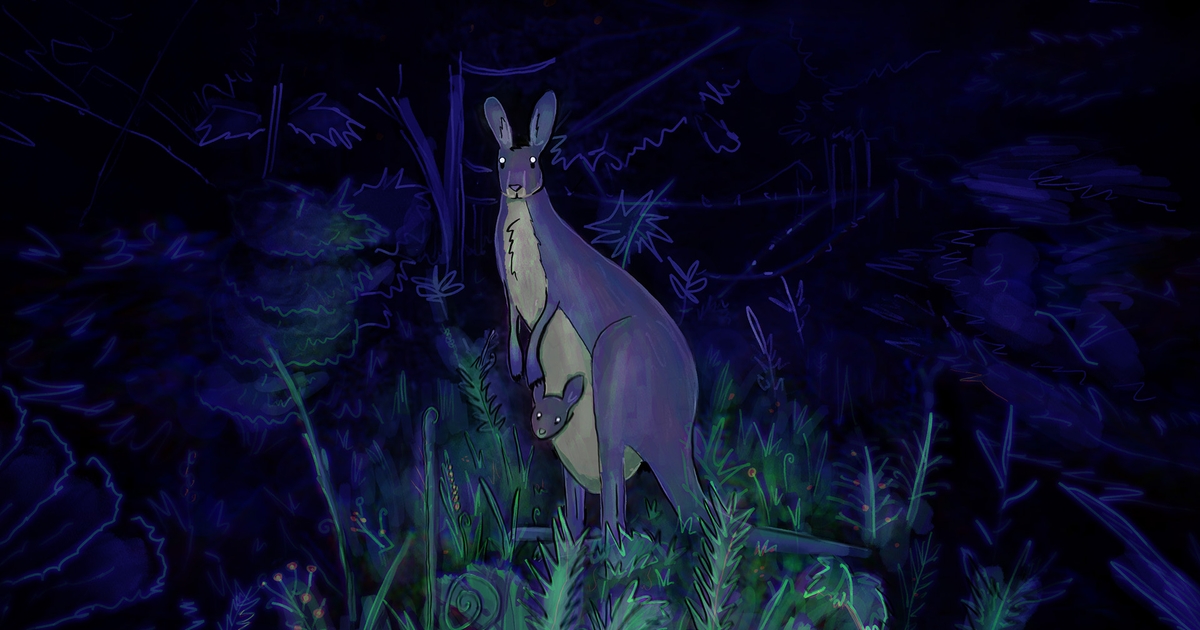
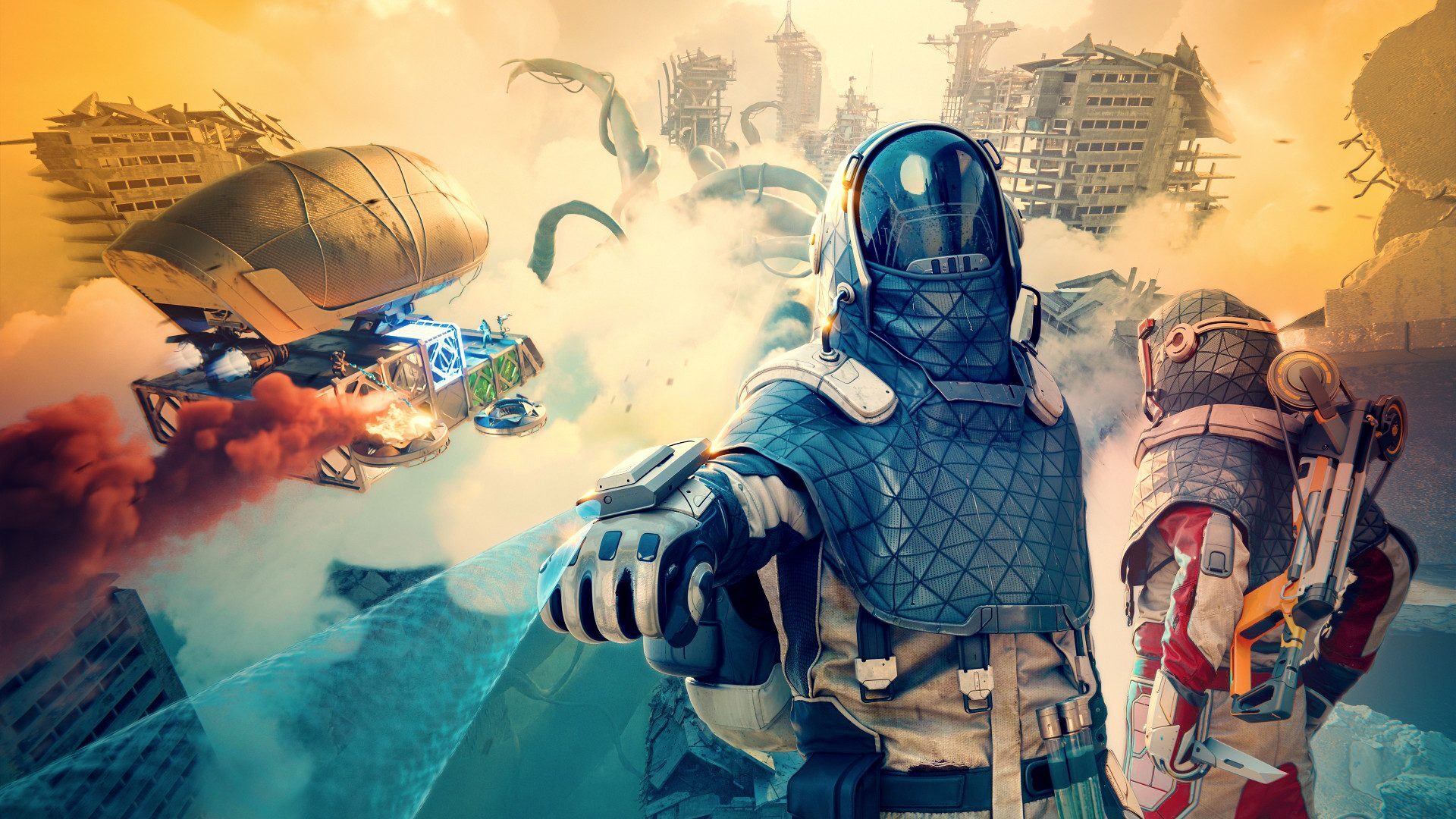

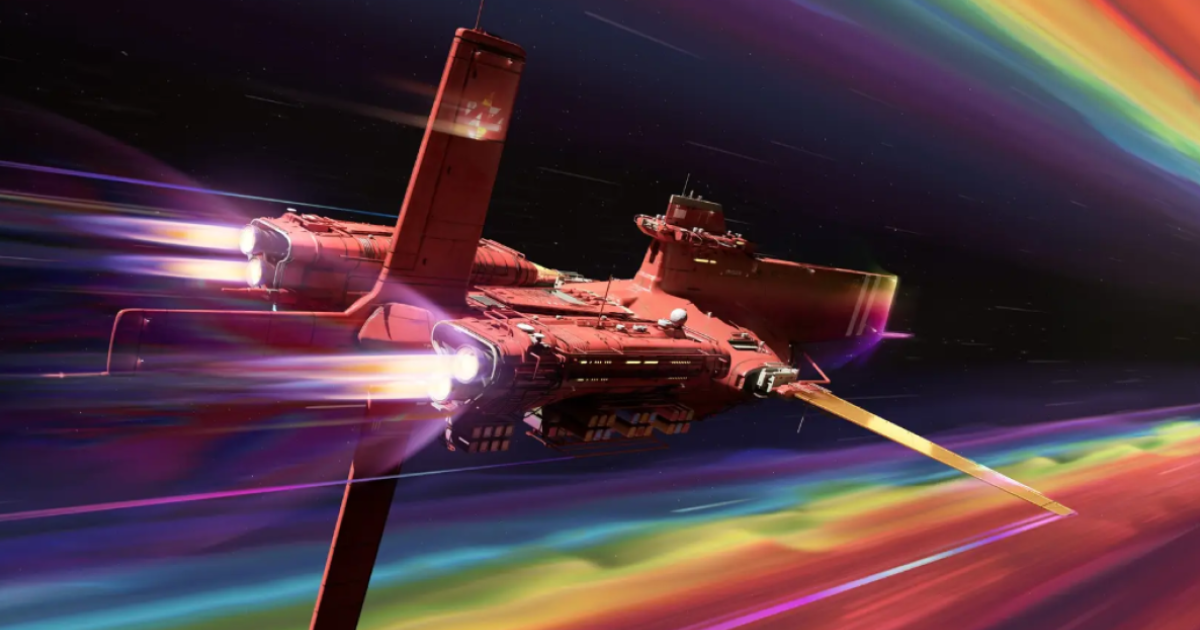
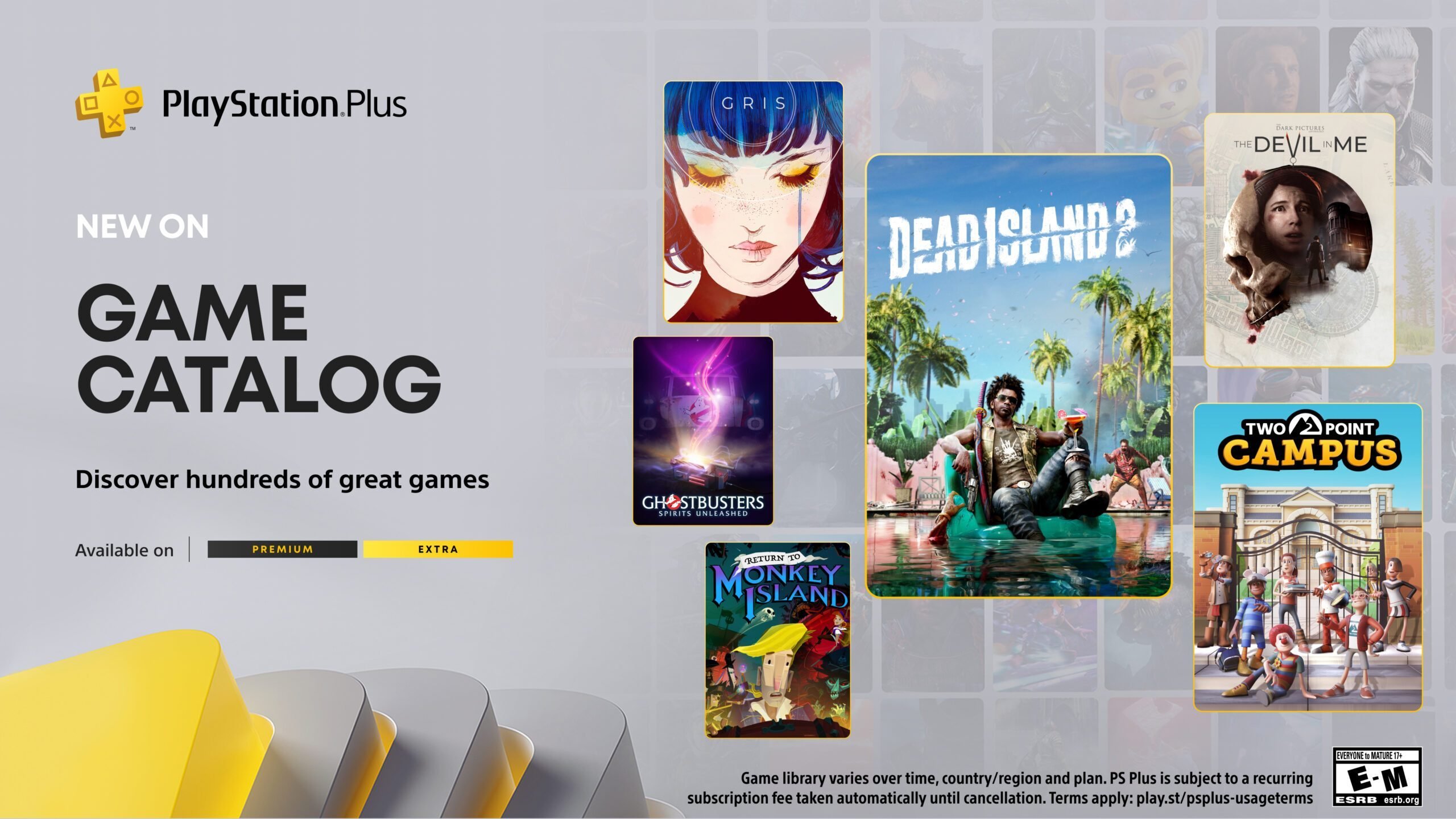
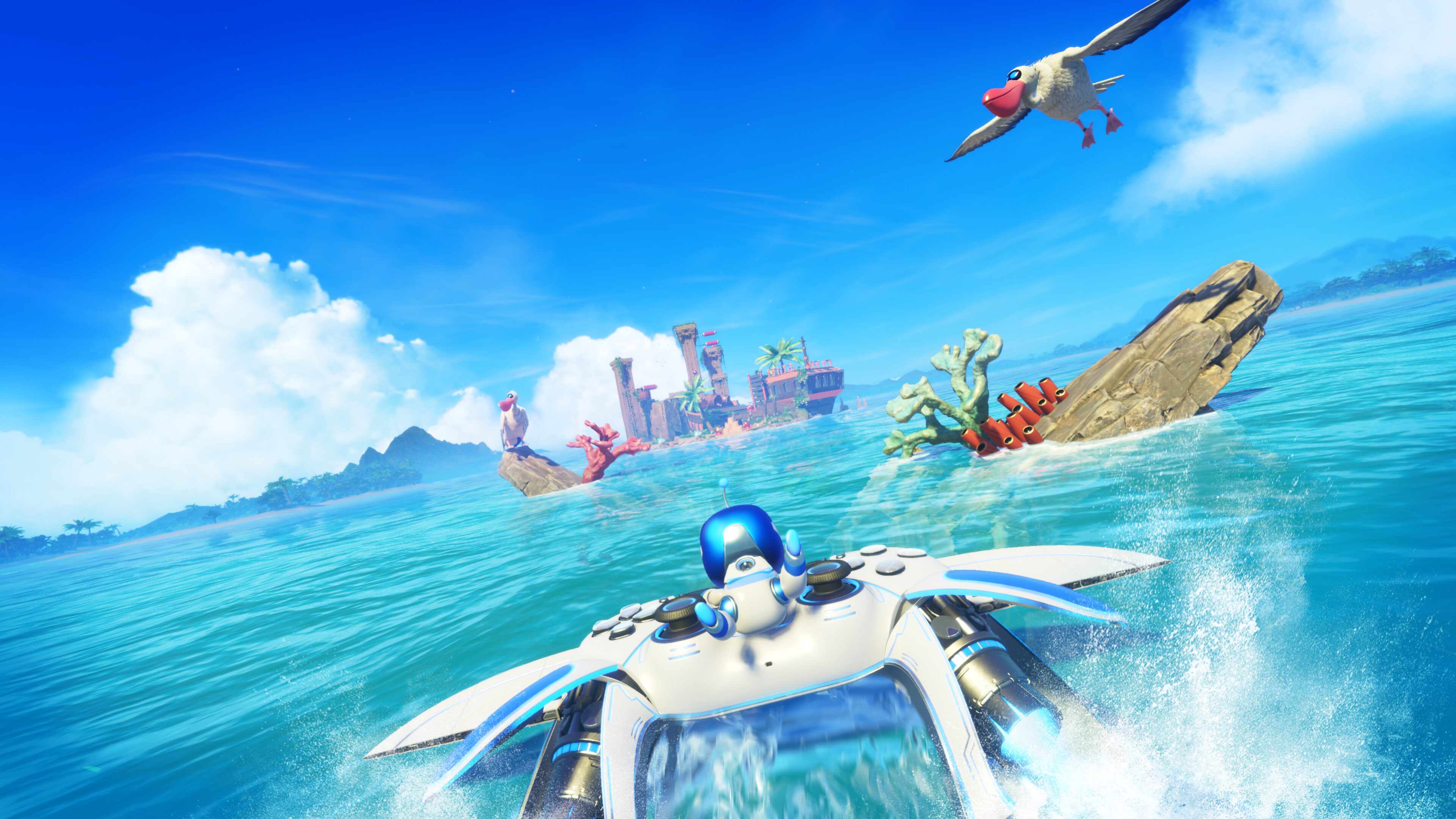
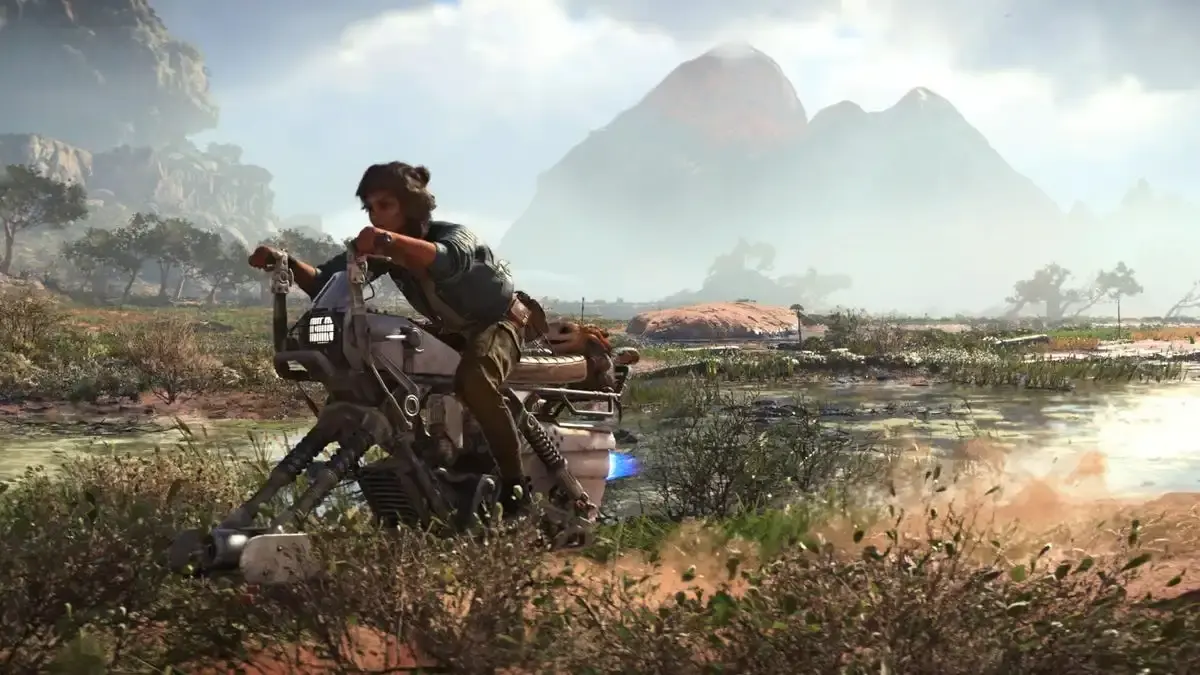

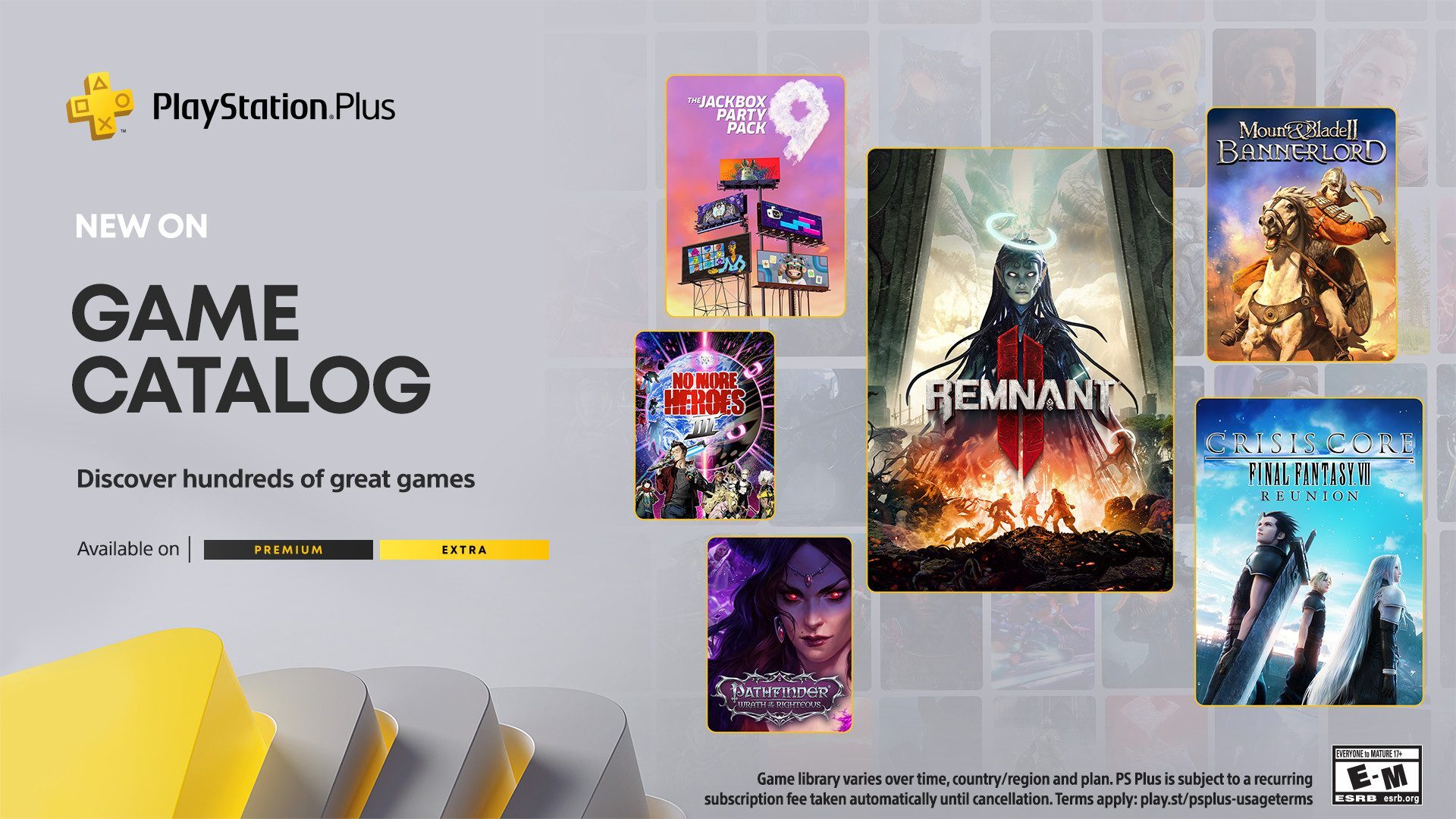
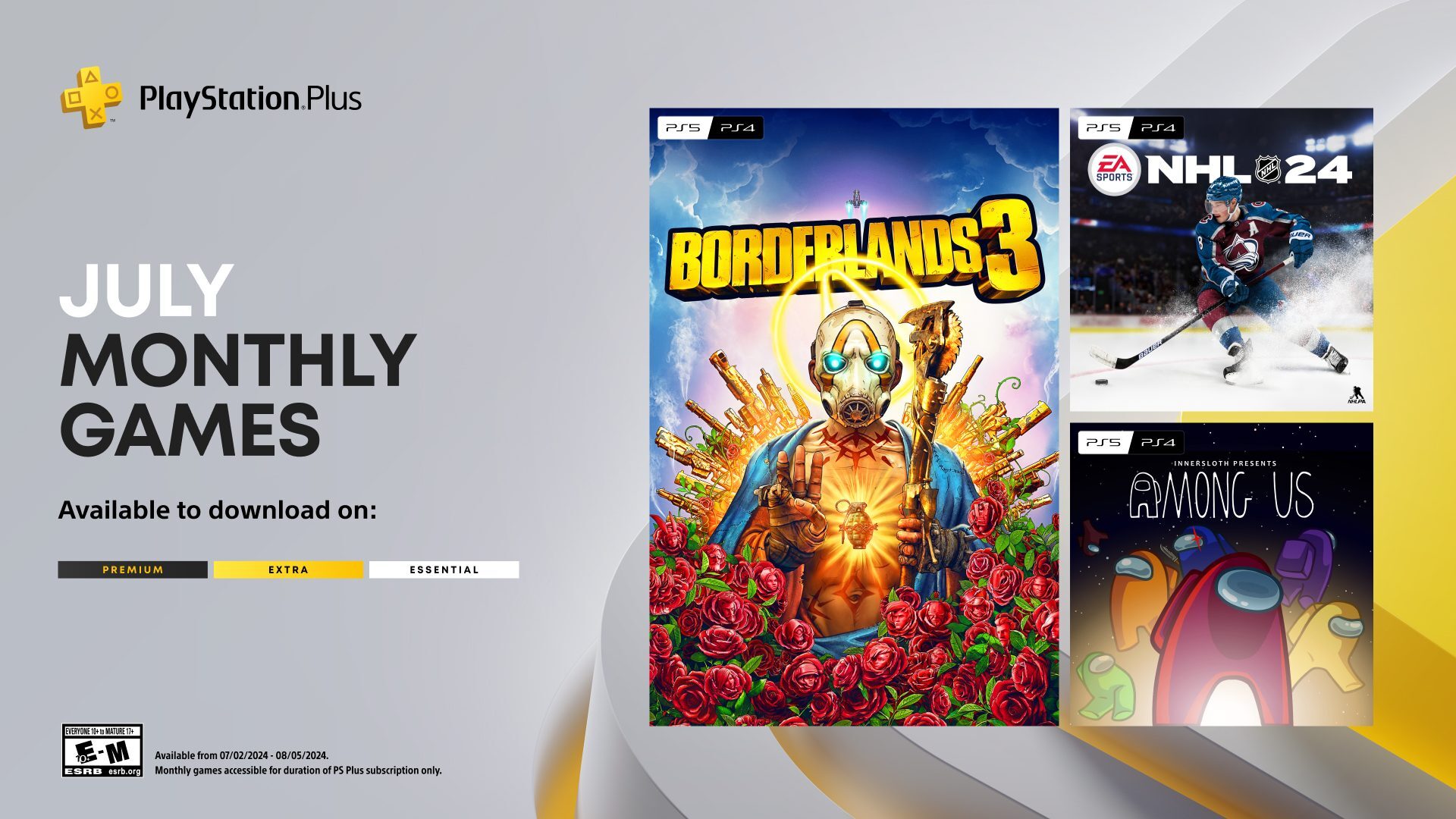

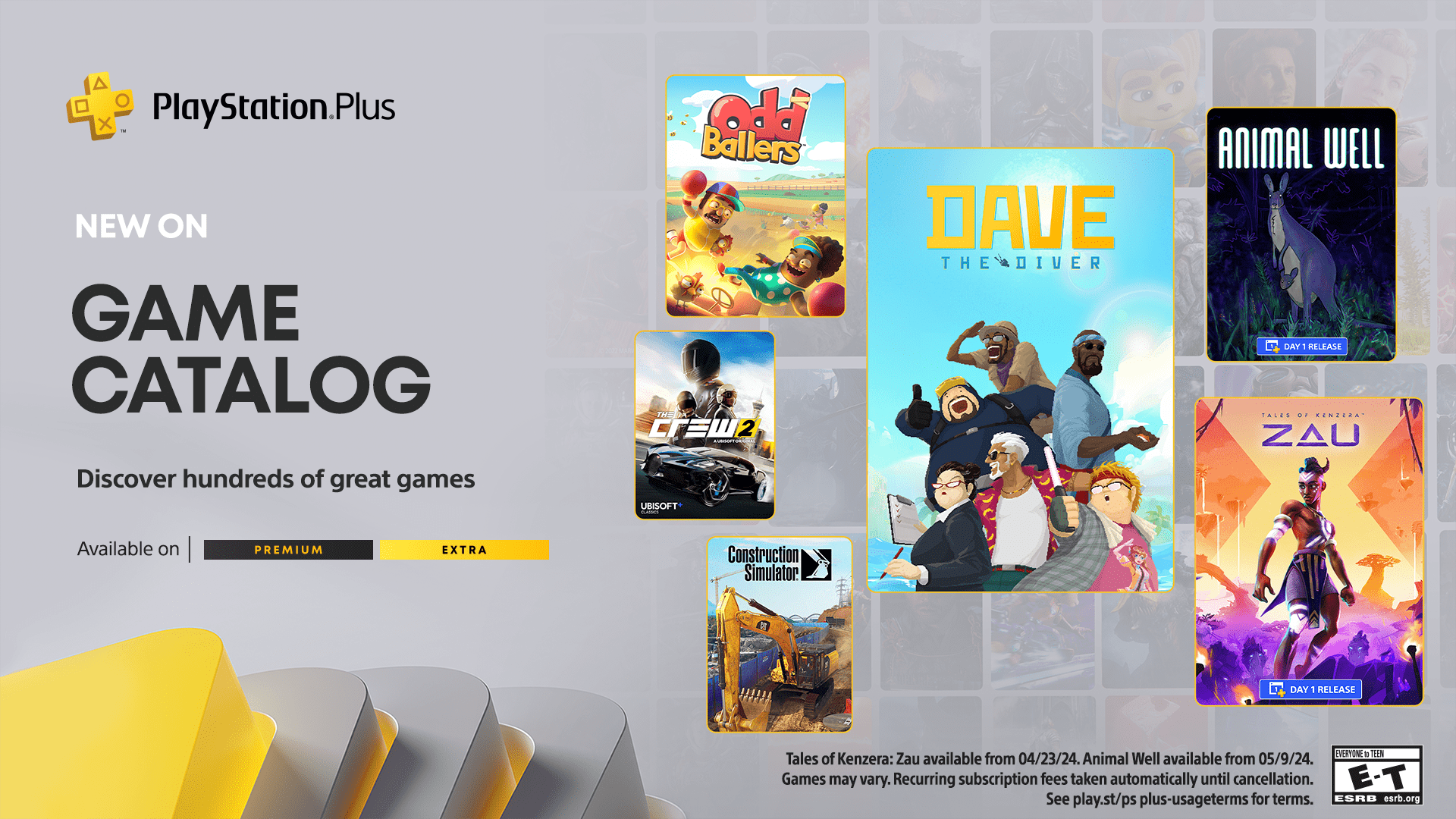

I’m new to this too, but the slide deck they have posted seems a good starting place.
The NGI is an initiative of the European Commission to fund “researchers, developers, startups, and SMEs” who are aligned with the “aim to shape the development and evolution of the Internet” according to the principles of:
protecting personal data
ensuring privacy and security
combating disinformation
guaranteeing access and freedom of choice
respecting fundamental rights
enforcing ethics and sustainability by design.
I’m a little less clear on what the 16 projects are (which are listed on slides 6 and 7), but I gather they might be specific objectives, defined by the NGI, within which their funding is categorized, e.g., if you’re doing research on democratizing search capabilities, that research would serve the NGI’s “Search” project and would qualify for funding.
I’m making a lot of assumptions but I’m reasonably confident in them.